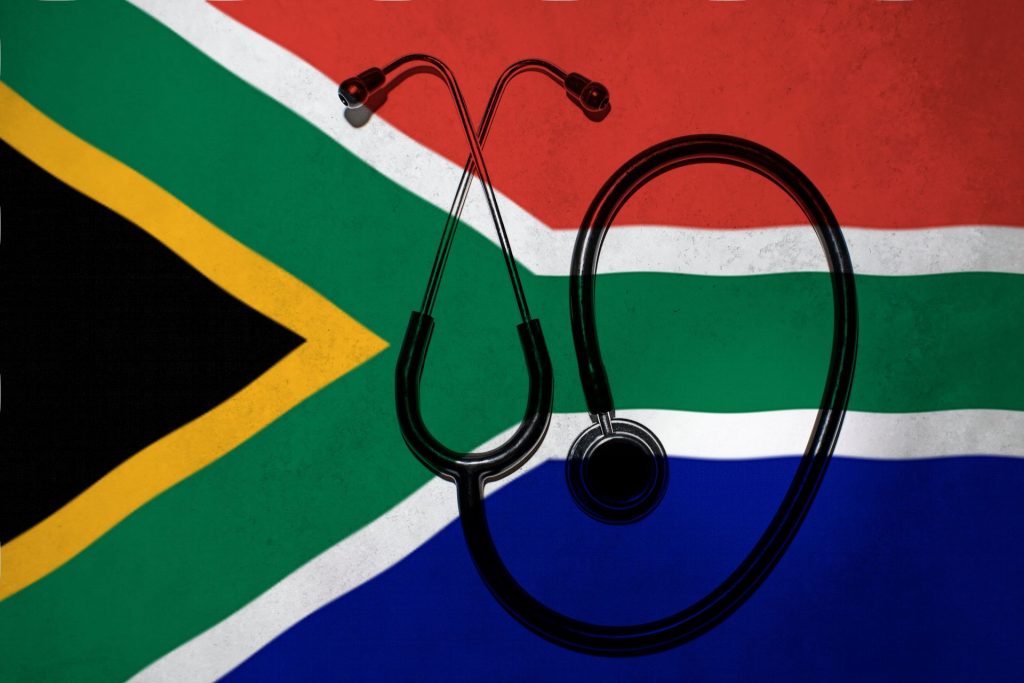Court Ruling Means that Pharmacists can Prescribe to People with HIV

The South African Pharmacy Council (SAPC) has been given judicial go-ahead to introduce its Pharmacy-Initiated Management of Antiretroviral Treatment (PIMART) initiative, which will allow specially trained pharmacists to manage and prescribe medicine to patients with HIV and tuberculosis.
Pretoria High Court Judge Elmarie van der Schyff has dismissed an application brought by a doctors’ organisation – the IPA Foundation – for the setting aside of the programme.
She said the pilot project had emphasised the value of the initiative, which was in line with the World Health Organisation’s vision to promote widely accessible primary health care.
“The untapped value of pharmacists in fighting HIV was also emphasised by the efficient role pharmacies played in meeting health care needs and providing health care services during the Covid-19 pandemic,” she said.
“The need to widen access to first line ART and TPT therapy on a community level is not a figment of SAPC’s imagination but a dire need that is also evinced in other countries.”
Read the judgment here
The IPA Foundation approached the court, under the Promotion of Administrative Justice Act (PAJA), seeking to review and set aside the SAPC’s decision to implement PIMART.
IPA claimed that the SAPC had failed to give interested parties an adequate opportunity to comment before the initiative was implemented. It further contended that PIMART unjustifiably encroached on the domain of medical practitioners and was in conflict with legislation.
IPA also accused SAPC of misleading the Director-General of Health, claiming there had been extensive consultation with stakeholders, which led to the approval and issuing of permits for the initiative.
The SAPC said the application should be dismissed. It said pharmacy-provided primary healthcare was a well known and functional concept in South Africa and PIMART was simply a “widening of this”.
Referring to the background and context, Judge van der Schyff said, in line with WHO recommendations that all people living with HIV must be provided with ART, the department of health had requested the SAPC to consider and implement interventions that would ensure that patients had increased access to medicines.
This led to the SAPC requesting the Director-General in August 2018 to consider issuing permits to pharmacists who had completed supplementary training, to manage patients and to dispense medication under PIMART.
In March 2021, the SAPC published a notice for public comment regarding the adoption of PIMART. The first permits were issued in August that year.
However, IPA submitted objections outside of the timeline for comments. It said this was because its members were struggling with another wave of the Covid-19 pandemic.
“Pharmacists and doctors operate in distinct and separate professional domains, the boundaries of which are closely guarded and some tension exists … IPA’s objection to PIMART seems to be rooted, partially at least, in this professional tension.
“This is evidenced by its fear that the decision to implement PIMART might ‘open the floodgates’ and ‘pave the way for pharmacists to ultimately treat and prescribe other schedule 4 drugs in respect of acute illnesses’,” the Judge said.
She noted, however, that the National Drugs Policy, in line with WHO guidelines, promoted “task shifting” to advance access to medicine and that at primary level, prescribing should be competency based, not occupation based.
Any alleged adverse effect that PIMART held for a medical practitioner had to be considered against the need to expand primary health care services aimed at preventing and treating HIV and providing first-line ART therapy.
Judge van der Schyff said the initiative gave members of the public a choice as to whether they wanted to approach a pharmacist, who had been issued with a permit, or a general practitioner.
In considering procedural fairness, the judge said there was nothing sinister in the timing of the notice calling for comment, that the project was not something hidden in secrecy and “I find it improbable, as alleged, that none of IPA’s members had timeous knowledge of the board notice”.
The decision to implement PIMART also fell within the ambit of the SAPC’s powers.
Evidence also showed that the PIMART training course was developed to ensure that pharmacists who successfully completed the training would be suitably qualified to safely and effectively assist in providing ART.
Judge van der Schyff dismissed the review application and ordered IPA to pay the costs.
Professor Francois Venter, former President of the Southern African HIV Clinicians Society and Director of Ezintsha, an HIV research organisation at Wits University, commented, “I hope this is the end of it. The pharmacies are an essential part of the health system, and pharmacists internationally play a big role in expanding HIV services.”
Republished from GroundUp under a Creative Commons 4.0 Licence.
Source: GroundUp








